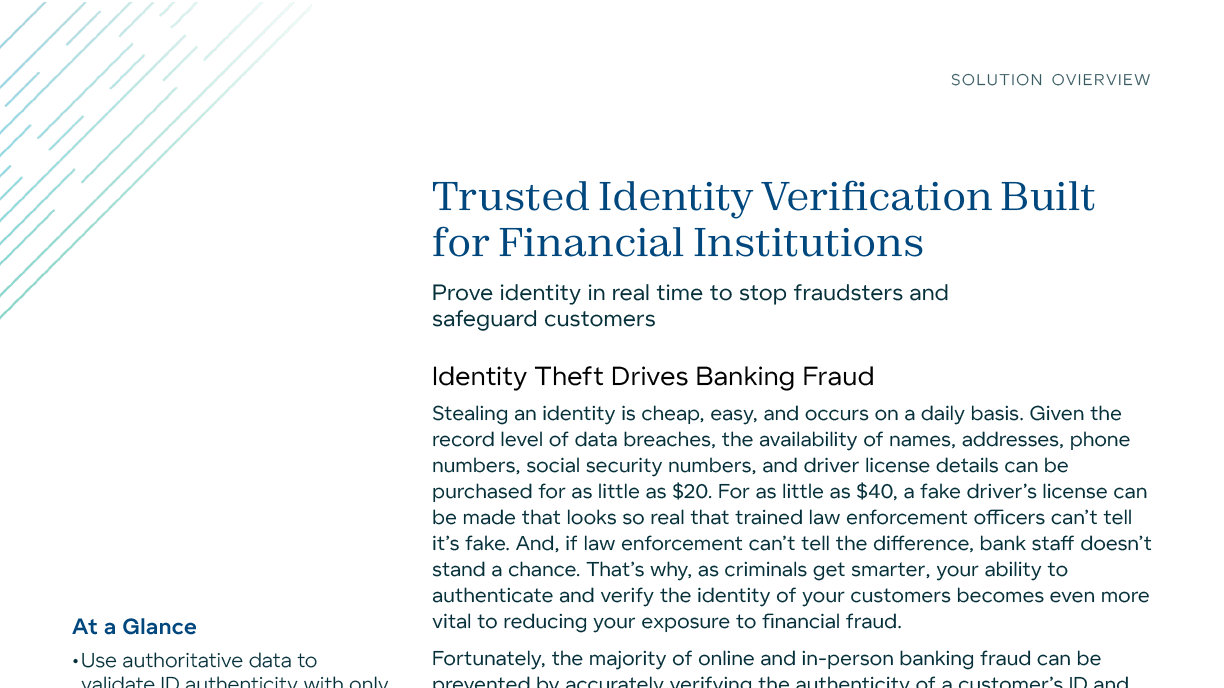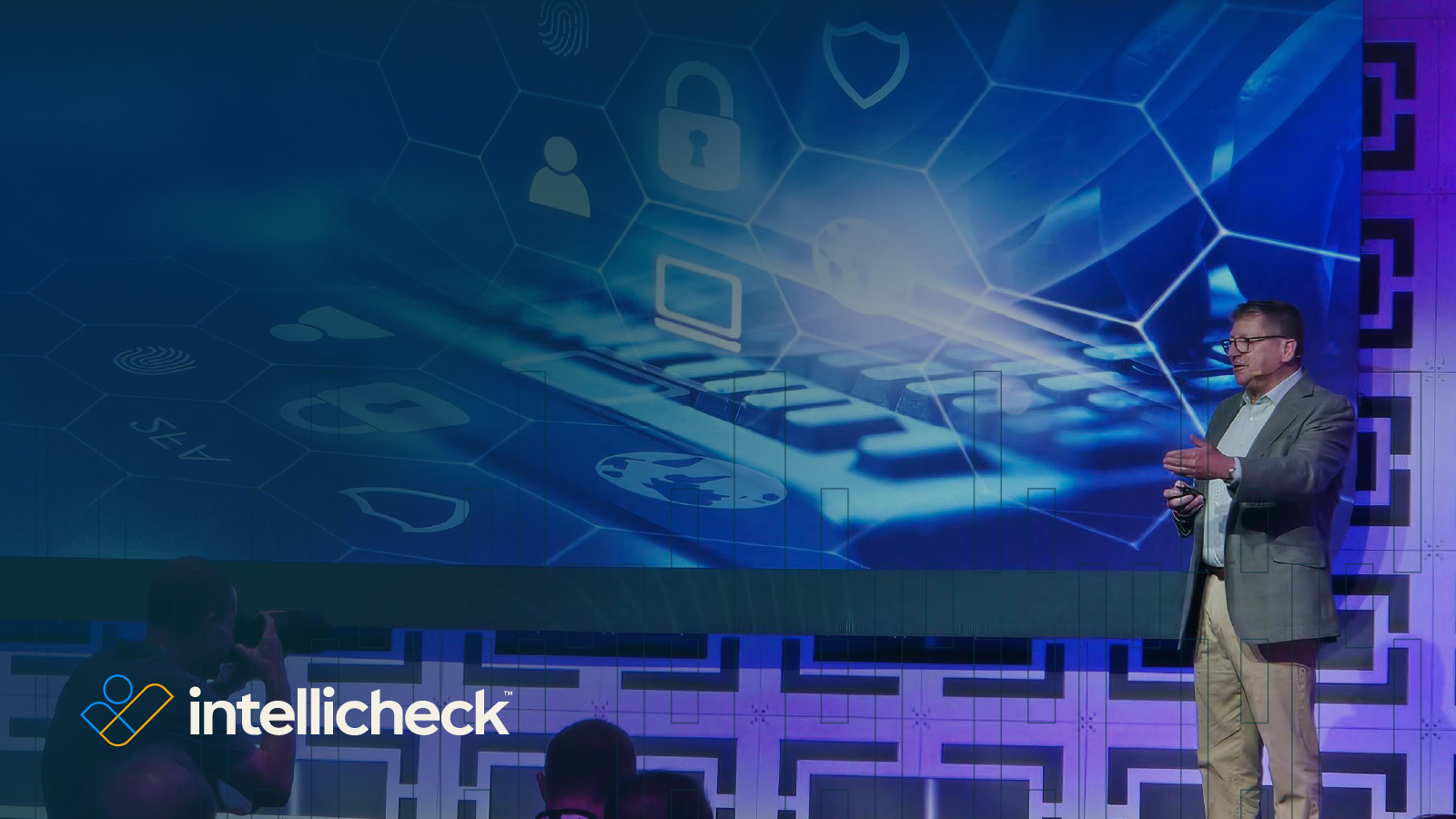
One of the most important tasks entrusted to any notary public (often called eNotaries) is verification of a signer’s identity. Traditional approaches typically include transcribed ID information and in-person once overs to ensure those presenting an ID are not merely imposters or fraudsters. However, as with many things, the onset of the pandemic dramatically altered the way these things are normally handled.
Here is what you need to know as a notary looking to adapt quickly to coming changes in the industry.
Validating Who the Person is in Person
There are multiple ways for notaries around the world to validate a given person’s identity. Different jurisdictions may have differing regulations pertaining to legal identity validation and these must be observed for processes handled by a notary to be official. Your state is likely to have its own laws and best practices that you should be well versed in. However, you may still have a range of options to choose from.
The traditional methods that notaries have used to validate a person’s identity are as follows:
- Knowing the person – This is a pretty personal approach that might not be valid in every jurisdiction (California does not allow this, for example), but it is simple and effective under the right circumstances. Essentially, if you’ve met before, checked their ID before, and know for certain they are who they say they are, this may be enough.
- Having a credible witness – The legal definition of a credible witness generally means someone who is competent and in a state in which they can be trusted to give reliable evidence. However, in the case of notary proceedings, the witness must also personally know both the person signing the document as well as the notary themself.
- Having satisfactory evidence – This method can prove to be the simplest, given the lack of strict definitions for what constitutes such evidence in many jurisdictions. Normally, an ID is proffered by the signer and, if the notary concludes it is genuine, everything proceeds smoothly. Not all IDs are acceptable, of course. Birth certificates and social security cards do not say enough about the individual presenting them to guarantee they are who they claim to be.
Without proper software you can trust to accurately validate a person is who they say they are, using the methods listed above can lead to a number of pitfalls. These include the following:
- If the notary is unfamiliar with the signer, they simply cannot rely on prior knowledge of their identity.
- Credible witnesses only count if they know both the notary and the signer personally – even rarer than the notary knowing the signer.
- Even satisfactory IDs such as driver’s licenses and passports could be fakes. A matching picture of the person is meaningless in such scenarios.
The Introduction of RON
The need for digital notarization options brought the process of Remote Online Notarization (RON) to the forefront. This virtualized form of notarization has seen accelerated adoption across multiple states as they have adapted to new constraints brought about by the pandemic. Notaries must obtain special training in some jurisdictions in order to leverage RON and handle notarization processes remotely.
Virginia led the way with its early legalization of remote online notarization in 2011 and by 2021, 30 states had followed suit with their own laws governing the process. It would appear as though RON is here to stay and notaries across the nation will need to be prepared for the changes it brings to the industry.
How to Notarize A Document Virtually
The remote online notarization process consists of a few simple steps:
- A notary oversees the signing process from beginning to end via an audio/visual feed.
- The signer must present their ID and this must be authenticated further in certain jurisdictions. More specifically, signers may be required to complete both a credential analysis step and a knowledge-based authentication process. The former involves the use of specialized software to validate an ID that a signer has submitted. Each state has its own requirements that a RON-capable validation service provider must meet to be considered acceptable. These may change during emergencies (including the pandemic). The latter process involves computer-generated questions that must be answered by the signer. Such questions leverage the signer’s personal, credit, and financial history to ensure only they can answer accurately. This series of questions is presented as a timed test which can only be retaken a set number of times in the event the signer cannot answer enough questions correctly.
- Either an electronic or ink signature is captured and the document is then transmitted or mailed to the notary who then finalizes the process with their own signature.
A Simple, More Accurate Method
ID validation software presents a much needed solution to the issue of validating IDs both in person and remotely. Without exception, ID validation software simplifies and streamlines the process of vetting a person’s identity and ensuring their ID is legitimate.
Of course, finding the right validation partner is key. Intellicheck offers notaries the easiest and most effective option for this purpose.
Intellicheck allows notaries to validate an ID on their Android or iOS mobile device in under a second, and with 99.9% accuracy. The turnkey web portal can be texted as a link to your client for As needed, you can also do a biometric check to ensure that the person with the ID is the person on the ID. g. A simple, intuitive design makes capturing a selfie and scanning document details a cinch.








